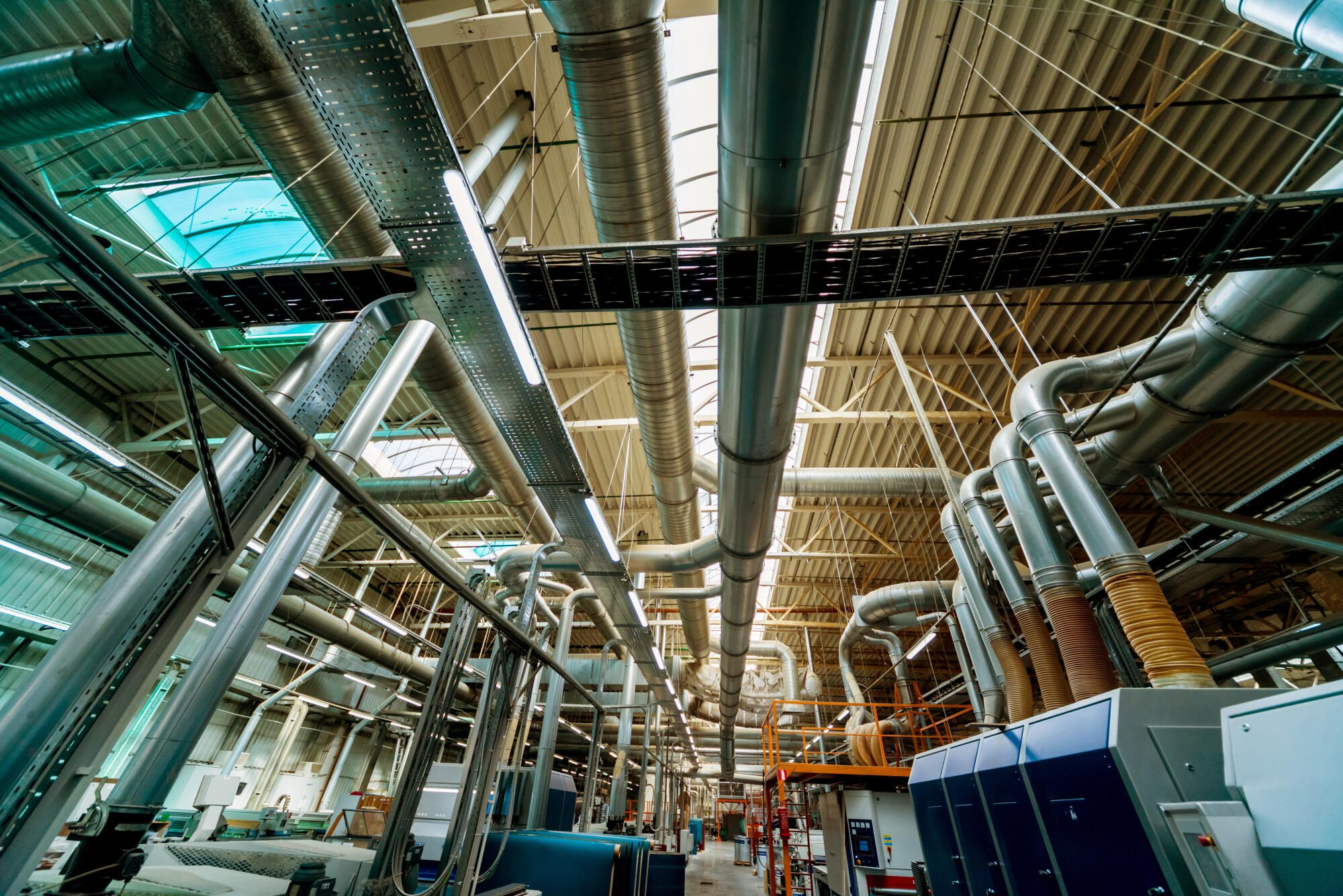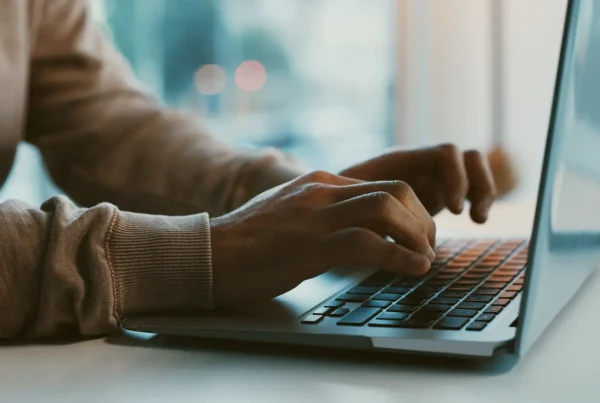Studies show that your commercial heating system will likely last a few decades. Some components, like fans and ducts, may need replacing sooner.
How can you keep your commercial heating system from breaking? The best way is to practice proper commercial heating maintenance.
If you’re curious about how you can keep your heating system in good working order, we’re here to help. Read on for a guide about how to avoid expensive commercial heating system repairs by practicing proper maintenance.
Check Your Building
Your first step doesn’t start in your AC system, but rather in your building. Many people underestimate how much air, hot or cold, seeps out of their building.
If your building is leaking air, your heating system will need to work harder to keep it warm. The more air you can keep inside the building, the less your heater will need to work.
To that end, you should make sure your windows and doors are properly weatherized. The main way to do so is to check their weatherstripping, which is what keeps air from traveling in or out.
Another important step is to check your insulation. Insulation is the substance between walls and in your ceiling that helps stop your building from leaking air.
Insulation will fade over time. During your regular inspections, have the inspector check the insulation and see if it needs replacing. Doing so can help your business stay warm.
Consider Your Heating System
Different commercial heating systems will have different maintenance requirements. Most commercial buildings use electric central air conditioning. However, there are many other options available.
By comparison, about 35% of Texan homes are heated using natural gas. Roughly 60% use electricity, which is higher than the national average.
Commercial buildings mostly use electricity as it’s the most reliable on a large scale. Furnaces or boilers would need an immense amount of fuel for modest commercial areas.
Consider what heating system your building uses. Doing so will help you know where to start with maintenance.
Common Commercial Heating System Maintenance
What are some good steps to basic maintenance? We suggest letting professionals handle your maintenance for you during annual or biannual inspections. Here are some of the most important maintenance tasks for your upkeep.
Check Filters
As your heater moves air, it pushes and pulls it through filters. These filters remove dust, dirt, skin, and other particulate matter from the air. Doing so keeps the air healthy while also helping to keep your commercial space clean.
These filters get dirty over time and need changing. How often they need changing depends on how long your air is running.
At the bare minimum, you should change your filters once a year. For buildings that are constantly using their heating system, you should consider changing them more often.
One important step is to check your filters when winter first sets in. Dust can gather and pose a fire safety risk when the filters are warm for the first time.
Inspect your filters once a month to see if they need changing. Some filters can’t be changed and will instead need cleaning.
Check Your Settings
How is your air conditioning running? Nearly any commercial HVAC system will have settings for you to customize the heating system.
These often include what temperature you want the building warmed to. It can also include different modes for the heating system to run on.
Most outlets suggest using the auto setting. The auto setting lets you pick a specific temperature and maintain it throughout the day while maximizing efficiency.
For example, setting your heater to keep a building at 70 Fahrenheit will warm it until that point. Once the heater reaches this temperature, it will stop heating until the temperature drops.
By performing in these sessions, you stop your heater from running at all times. Doing so will prevent wear and tear and minimize how much energy you’re using.
Keep the Unit Safe
For most commercial buildings, the air conditioning unit is on the outside. You may find this unit near the back or side of your building. In many cases, it’s also on the roof.
Due to its location, your unit is exposed to the elements. Exposure to direct sunlight can cause components to fade, while severe temperature changes can damage the metal or other sensitive components.
You should cover or insulate the machine to help prevent some of the wear and tear. You can’t cover it entirely, as it will need to draw in and exhaust air. Something to keep the sun and the worst of the rain off is a good choice.
You should also practice “preventative maintenance” on your unit. Preventative maintenance is the act of inspecting and maintaining your unit to replace or repair components before they break. Doing so can avoid failure of the unit.
Pay Attention to the Condensor
Your heater’s condenser is where it takes in air. As this is exposed to the elements, it can easily sustain damage.
If you’ve experienced severe weather, check the condenser to make sure nothing has damaged it. You should also clean the condenser regularly, as these sensitive components gather dirt and grime over time.
Never Strain the System
You should never strain or overwork your system. If you use settings like the auto setting, you’ll rarely do so. But if you prefer to handle your system manually, you’ll endanger it through overworking.
Give your HVAC system time to rest instead of working on it constantly. If you leave the heater blasting throughout the months, it’s unlikely it will last through the season. You should also ensure you’re shutting it down entirely while performing maintenance.
Finding Commercial Heating Maintenance Professionals
Guy’s Air Conditioning and Heating is happy to serve Texas in the New Caney and Woodlands area. In Kingwood, Texas, there’s no better group of professionals to handle your commercial heating system.
Our commitment is to build a relationship of trust and assurance with each customer. You can put trust in our 24/7 emergency services to keep your commercial HVAC system properly maintained. Contact us to see how we can help your system run smoothly.





